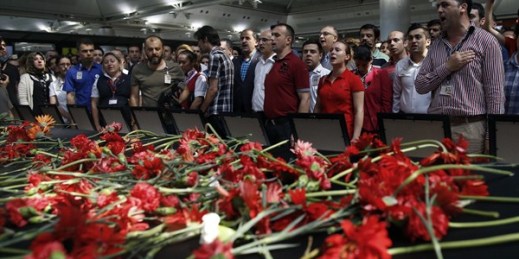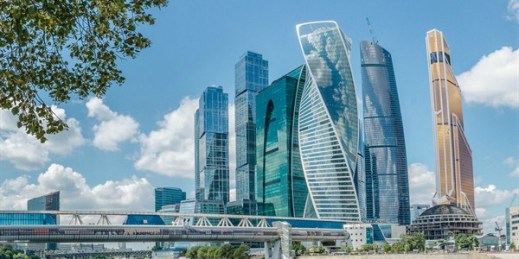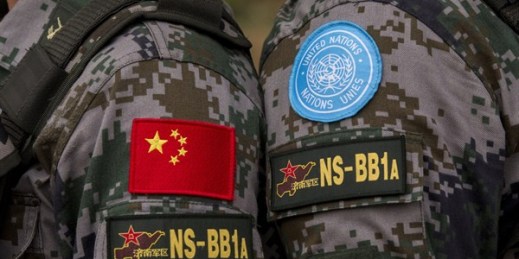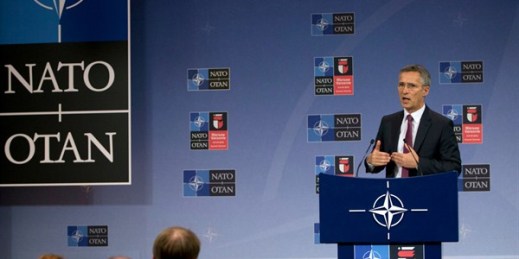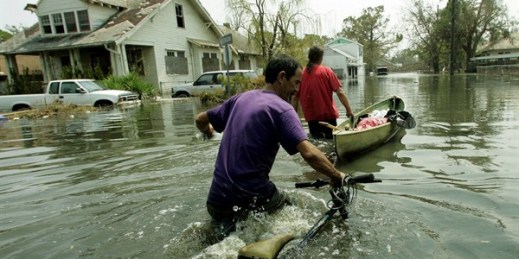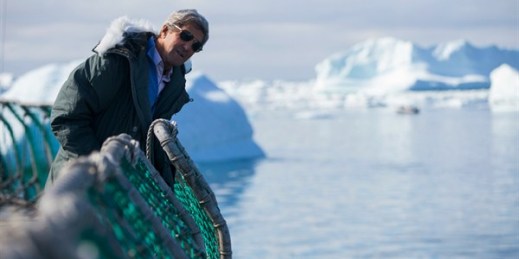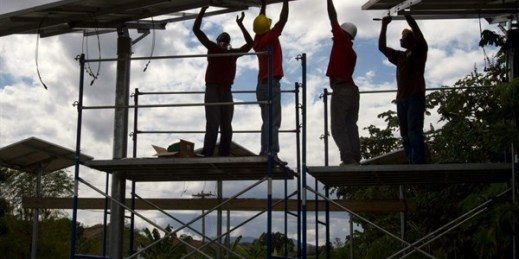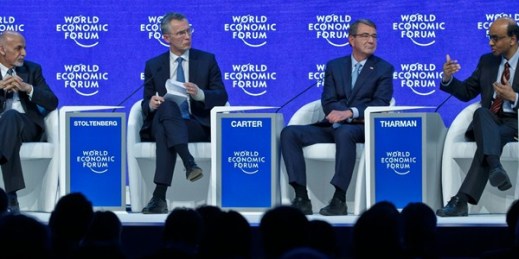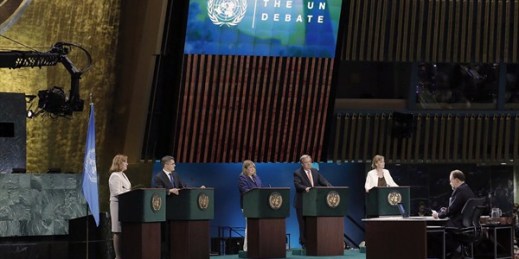
Anyone who claims that they know who will be running the United Nations one year from now is a clairvoyant, a fantasist or a liar. The race to replace Ban Ki-moon as secretary-general jolted into life last Thursday, as the Security Council conducted a straw poll on current candidates. The results are open to multiple interpretations. It is possible to argue that the council will select a charismatic politician to replace the underwhelming Ban. But it is equally arguable that it is on track to choose a dull, male leader despite the presence of impressive female candidates. One likely, but […]

